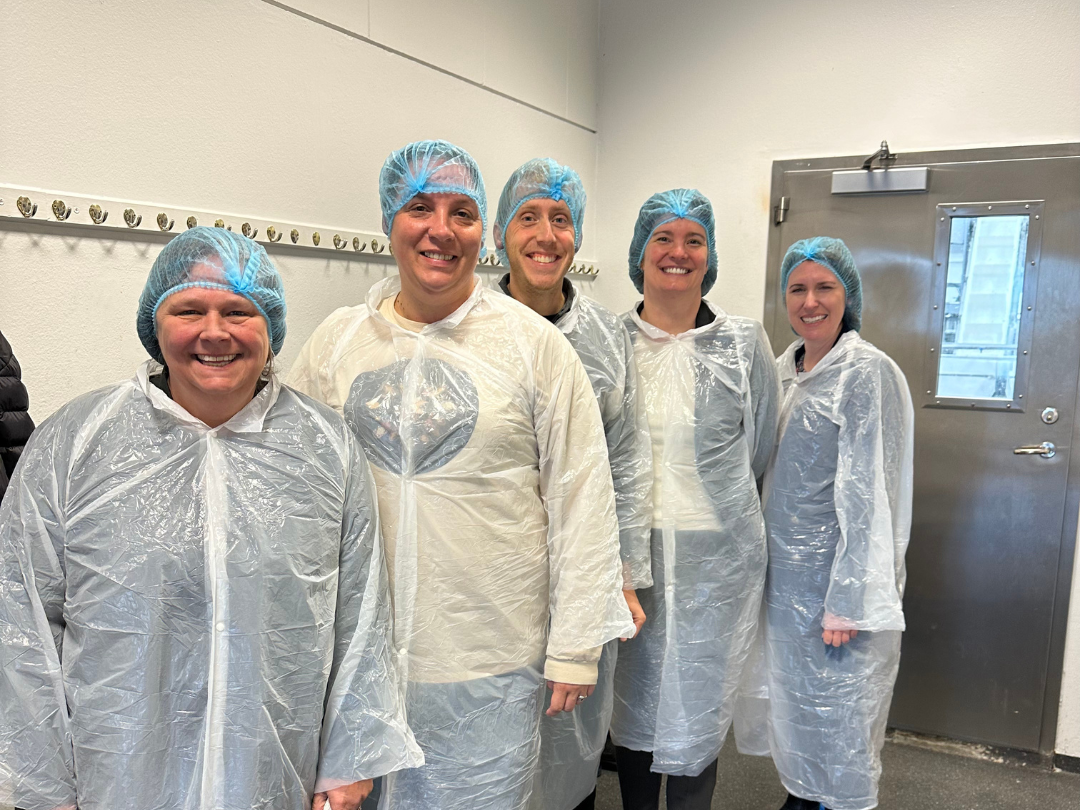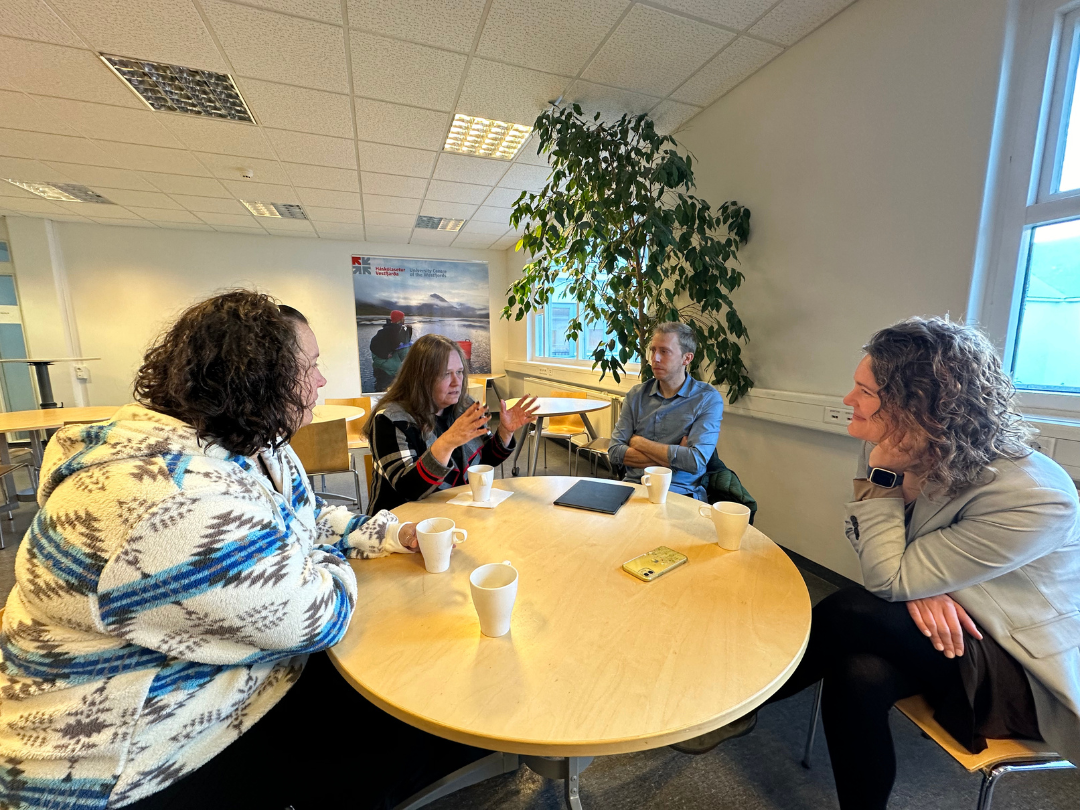From Newfoundland to the Westfjords: Knowledge Exchange in Sustainable Fisheries
Recently, we at UW were honored to host a visiting group, funded through the Uarctic, Memorial University’s Harris Centre, Global Arctic Leadership Project, Indigenous and Northern Relationships Development Fund, and the Marine Biomass Innovation Project, which is funded by the New Frontiers in Research Fund - Transformation Stream.
The visiting delegation included Mi’kmaw Chiefs from the Three Rivers Mi'kmaq Band and Benoit's Cove Indian Band (Elmastukwek First Nation) in Western Ktaqmkuk (Newfoundland), alongside researchers from SEED Waterloo and Grenfell Campus. The purpose of their visit was to exchange knowledge and explore advances in sustainability within the fishing sector, with a special focus on innovative uses for fish processing by-products.
This visit is part of a larger project aimed at developing strategies for self-determined, sustainable fisheries innovation in Western Ktaqmkuk. The collaboration highlights the importance of knowledge-sharing and building stronger relationships to enhance sustainability practices for the benefit of both Indigenous and coastal communities.
During their time here, the group engaged with UW’s Coastal Communities and Regional Development Master’s students. During that discussion, we at UW learned how their project is guided by Etuaptmumk, the Mi'kmaw word for Two-Eyed Seeing. Etuaptmumk emphasizes learning to see the world from two perspectives: one eye with the strengths of Indigenous knowledge and ways of knowing, and the other eye with the strengths of Western knowledge and ways of knowing. By using both "eyes" together, a balanced approach can be achieved that benefits everyone. In other terms, this Mi’kmaw guiding principle combines Indigenous and Western perspectives to create a more holistic approach to understanding and solving complex challenges.


Uw extends its heartfelt gratitude to all the companies and institutions in the Westfjords that welcomed and hosted the delegation. This initiative serves as a powerful example of the potential for collaborative work between diverse knowledge systems to achieve sustainable marine resource management.
Big thanks to:
Kerecis (Ísafjörður) - Kampi (Ísafjörður) - Ísafjarðabær - Byggðasafn Vestfjarða (Ísafjörður) - Hampiðjan (Ísafjörður) - Ísl
